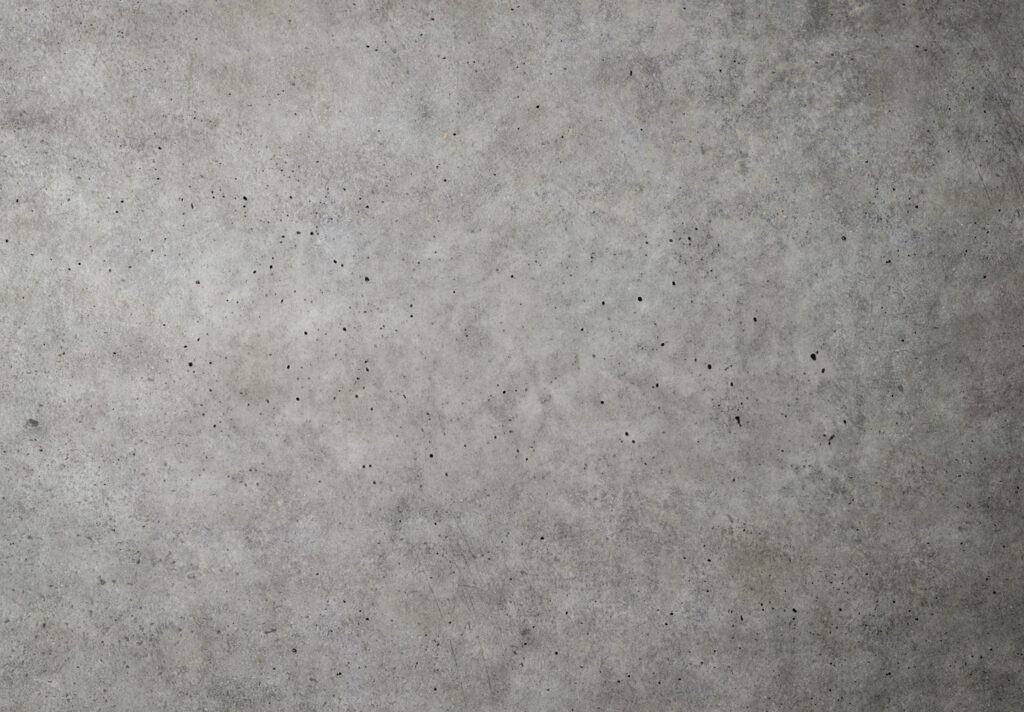HRM Concrete meets diverse industrial needs.
Industrial concrete services cater to the specialized needs of chemical plants, manufacturing facilities, warehouses, distribution centers and other heavy-duty environments where concrete surfaces must withstand extreme conditions. These services focus on creating durable, high-performance concrete solutions that can handle heavy machinery, chemical exposure, frequent traffic and constant use. Industrial concrete contractors possess expertise in designing and installing floors that meet specific load-bearing requirements, resist abrasion and maintain flatness over time.
One of the key aspects of industrial concrete services is the emphasis on precision and quality control. These projects often require exceptionally flat and level floors to accommodate automated systems, high-stack storage and specialized equipment. Contractors use advanced techniques such as laser-guided screeding and superflat floor finishing to achieve the necessary tolerances. Additionally, industrial concrete services may include the application of specialized coatings or surface treatments to enhance chemical resistance, improve slip resistance, or facilitate easy cleaning and maintenance.
Industrial concrete services also encompass the repair and rehabilitation of existing concrete structures in industrial settings. This can involve techniques such as epoxy injection for crack repair, installation of joint fillers, and application of overlays to restore damaged surfaces. As industries evolve, these services also adapt to new requirements, such as creating conductive flooring for electronics manufacturing or designing containment areas for hazardous materials. The ability to provide customized solutions that meet strict industry standards and regulations is a hallmark of superior industrial concrete services.

Supporting Manufacturing
The industrial concrete industry is a specialized sector that plays a crucial role in supporting manufacturing, logistics and heavy industrial operations across various sectors. This industry is characterized by its focus on creating robust, long-lasting concrete solutions that can withstand the rigorous demands of industrial environments. The market for industrial concrete services is closely tied to economic trends, particularly in manufacturing, e-commerce and industrial production.
One of the key drivers in the industrial concrete industry is the ongoing evolution of manufacturing and warehousing technologies. As industries adopt more automated systems and robotics, the demand for ultra-flat, precisely engineered concrete floors has increased. This has led to advancements in concrete placement and finishing techniques, as well as the development of specialized concrete mixes designed to achieve superior flatness and minimize long-term settling or curling.
The industry has also seen a rise in the use of fiber-reinforced concrete and post-tensioned slabs to enhance durability and reduce maintenance requirements in high-traffic industrial settings.
Eco-Friendly Solutions
Sustainability and environmental considerations are becoming increasingly important in the industrial concrete sector. There is a growing emphasis on developing eco-friendly concrete solutions that reduce carbon emissions, utilize recycled materials, and minimize waste. This includes the use of alternative cementitious materials, such as fly ash or slag, and the implementation of more efficient production and placement methods. Additionally, the industry is exploring ways to make industrial concrete more energy-efficient, such as incorporating radiant heating or cooling systems directly into the concrete slabs.

Let’s Work Together
HRM Concrete delivers unmatched expertise in industrial concrete services, combining cutting-edge technology with decades of experience to create solutions that exceed the most demanding industrial specifications. Our team of specialists ensures your facility gets durable, high-performing concrete surfaces that optimize operational efficiency and withstand the toughest industrial environments, all while meeting your project timeline and budget.
HRM Concrete was a fantastic partner to get our large scale, industrial project complete. We will absolutely work with them again.
– Will Baker
-
What makes industrial concrete different from standard commercial concrete?
Industrial concrete is engineered for superior durability, chemical resistance and load-bearing capacity. It often incorporates specialized additives, fibers, or surface treatments to withstand heavy machinery, frequent traffic and harsh industrial environments. Industrial concrete floors typically require higher flatness and levelness tolerances to accommodate automated systems and precision equipment.
-
How long does it take for an industrial concrete floor to cure and be ready for use?
28 days is the standard concrete curing time but there are design techniques that can speed up the curing process to allow foot and vehicle traffic, depending on the needs of the project. Your HRM Concrete project manager will review the project needs and options.
-
What are F-numbers, and why are they important in industrial concrete flooring?
F-numbers are measurements used to quantify the flatness (FF) and levelness (FL) of concrete floors. FF measures the smoothness of the floor, while FL measures how close to perfectly level it is. These numbers are crucial in industrial settings because they directly impact the performance of equipment like forklifts and automated systems. Higher F-numbers indicate flatter, more level floors, which can significantly improve operational efficiency and reduce wear on machinery.
-
How can industrial concrete floors be protected against chemical spills and stains?
Protection against chemical spills and stains can be achieved through several methods:
- Applying specialized sealers or coatings designed for chemical resistance
- Incorporating chemical-resistant admixtures into the concrete mix
- Using densifiers to increase the concrete’s density and reduce porosity
- Installing epoxy or urethane topcoats for severe chemical exposure areas. The best protection method depends on the specific chemicals present and the level of exposure expected.
-
What maintenance is required for industrial concrete floors?
Maintenance for industrial concrete floors typically includes:
- Regular cleaning with appropriate industrial cleaners
- Prompt cleanup of spills to prevent staining or chemical damage
- Periodic reapplication of sealers or coatings as recommended by the manufacturer
- Routine inspection for cracks, joints, or surface wear that may require repair
- Refinishing or resurfacing as needed, typically every 5-10 years depending on use. Proper maintenance extends the life of the floor and maintains its performance characteristics